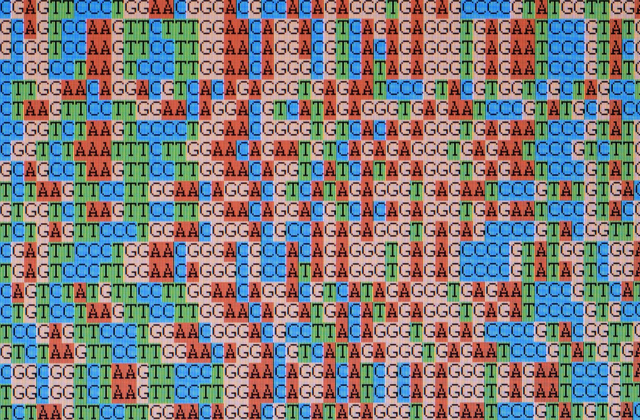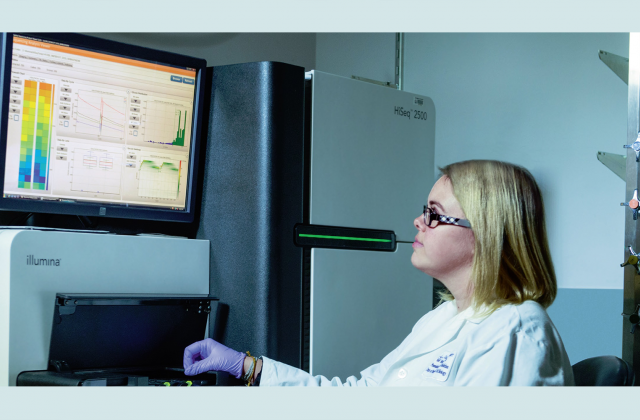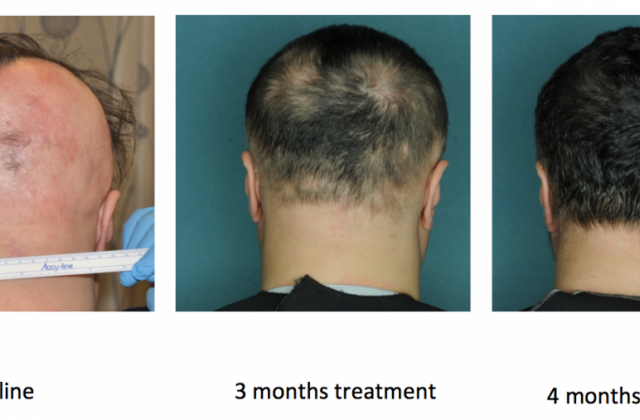David Goldstein

My commitment: Developing the most precise treatment for each patient
I started my PhD work in 1990, which was exactly when the Human Genome Project was being designed. Throughout my entire professional life, folks like me have been promising that we are going to transform medicine with genetics. And I resisted the idea—nobody wants to over-promise—but we’ve made so much progress, so much unforeseen progress even, that I cannot resist anymore.
We really are on the precipice of changing medicine in so many ways—we can quickly and accurately identify all the changes in someone’s genome right now. Sometimes we’re looking for the change of a single letter, a single mutation, that’s responsible for your disease—and now we can do that. We can find it. And we can intervene—we can edit a precise genomic mutation that causes a disease in a mouse, for example, and study it as a model of a single patient’s precise disease. And we can create a targeted compound to fight the disease that that mutation causes. It’s already happening, especially in strongly genetic diseases such as epilepsy and others, and it's already proven as a model in cancer.
It’s this kind of work, and the support for it across the University, that made me want to come to Columbia. And now we want not only to develop the science of precision medicine, but also to ensure that people can benefit from advances in precision medicine no matter who they are or where they live. Our commitment to precision medicine is truly extraordinary.
Keep up with Columbia University Medical Center: 




